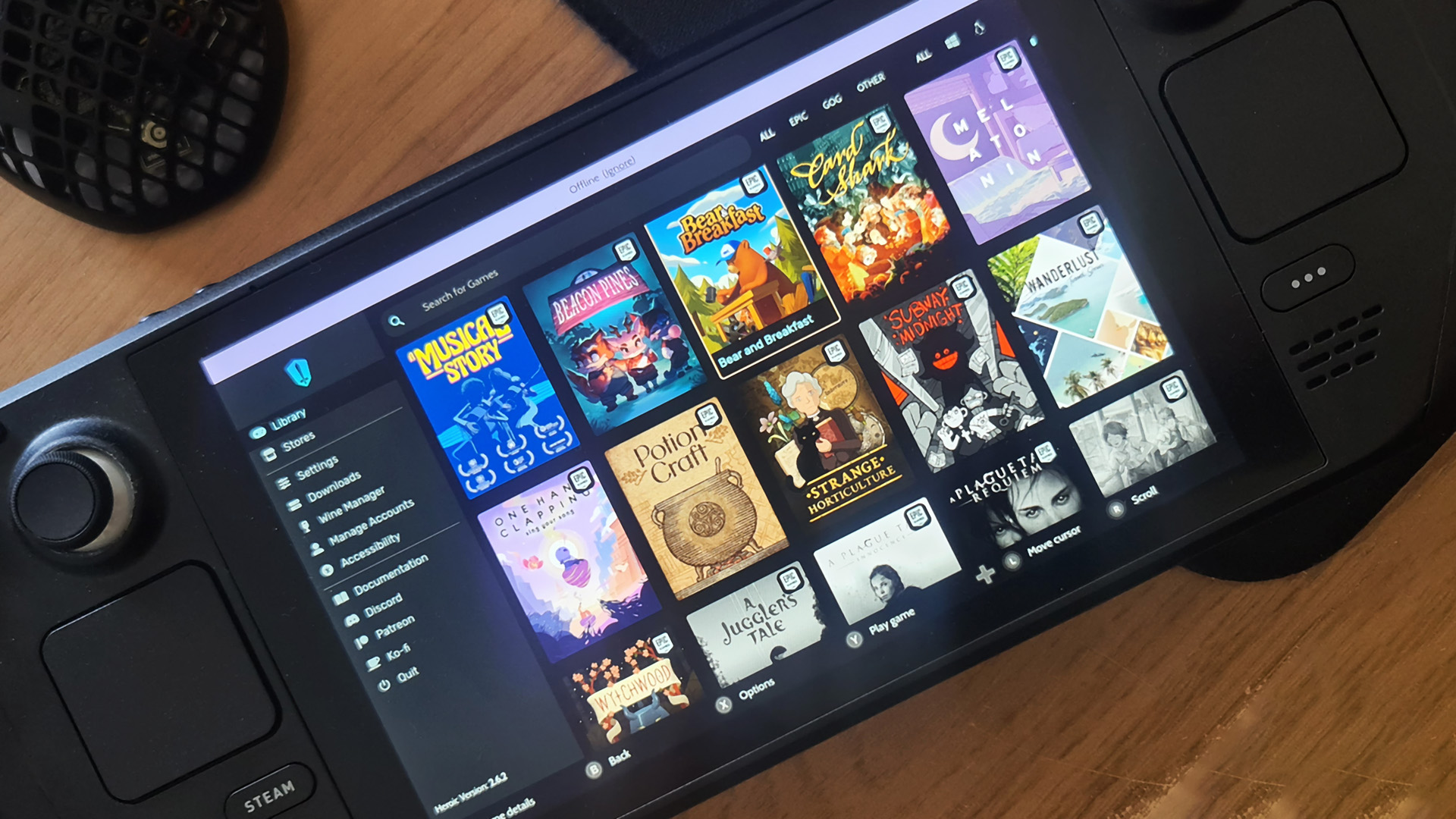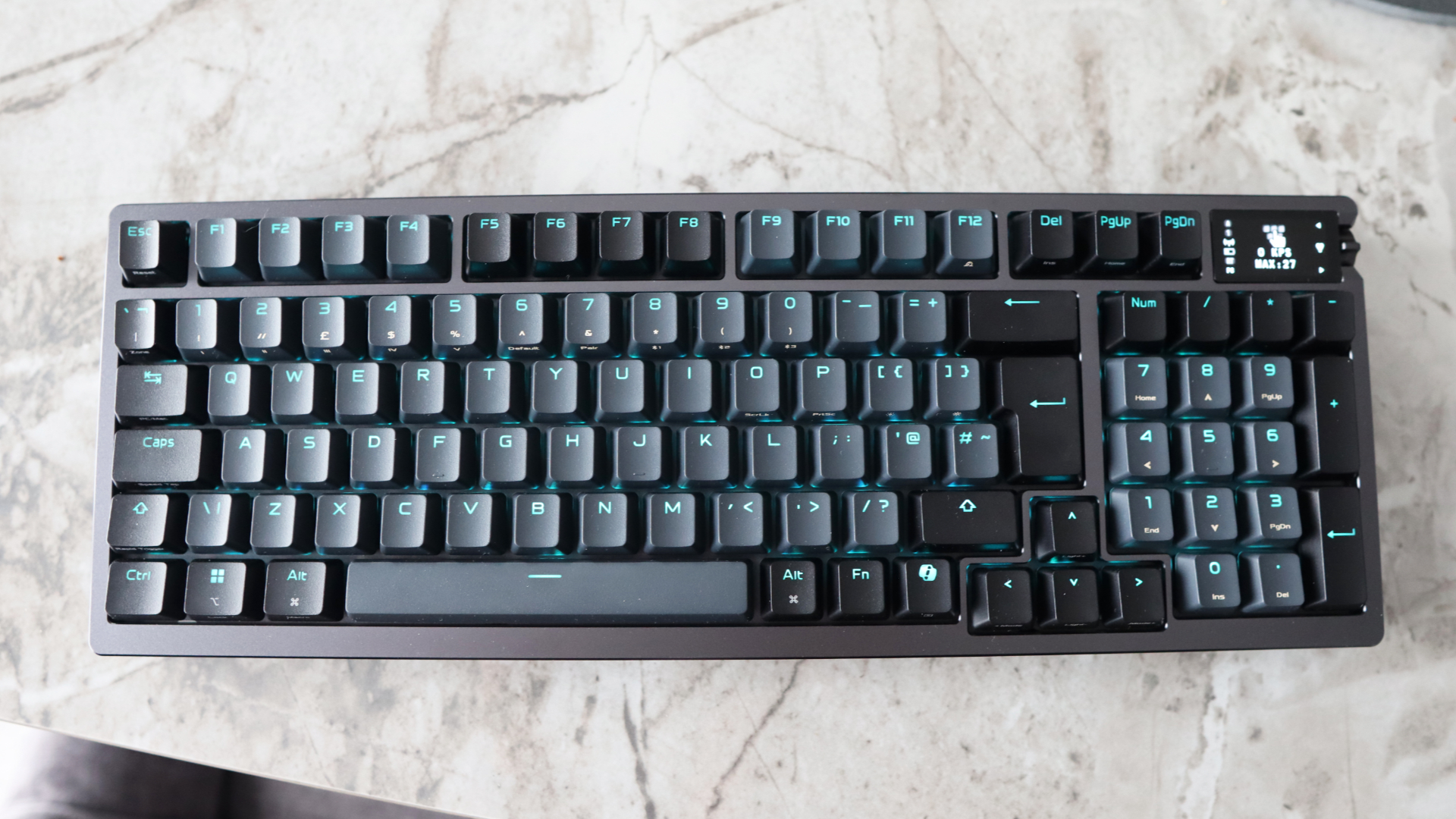Developers of Linux distro Fedora propose dropping 32-bit support entirely, but it's being claimed that the change 'would kill off projects like Bazzite entirely'
And the Fedora community seems to be completely split 50-50 on the idea.

If you're reading this on a PC running Windows, it's almost certainly a 64-bit version of the operating system. It also supports 32-bit applications, which is why so many old games will run on it, but the developers of Linux-based Fedora have proposed a change to fully remove 32-bit support, and the decision appears to have polarised views among the system's community.
News of the proposal was reported by GamingOnLinux, and to be brief, it's about dropping 32-bit libraries and i686 packages from the next major release of Fedora. In other words, the operating system would only run 64-bit programs and nothing else.
While the change is still very much a proposal, Fedora Engineering Steering Committee member Fabio Valentini wrote in the Fedora discussion boards that "we will need to drop support for 32-bit x86 at some point. It’s dead, and more and more software just doesn’t support being built and/or run in 32-bit environments at all."
He acknowledges that the change will cause problems, but suggests that it's not a complete dead-end for 32-bit programs and games. "Yes, some things will stop working. But I hope that we can provide solutions and/or workarounds for most use cases."
However, not everyone agrees that the change is necessary. Kyle Gospodnetich, the creator of Bazzite (a fork of Fedora that's designed for gaming handheld PCs), wrote in response: "As much as I’d like this change to happen, it’s too soon. This change would kill off projects like Bazzite entirely, right as Fedora is starting to make major headway in the gaming space."
He goes on to write that "It’s also causing irreparable damage to Fedora from a PR standpoint. I have been inundated all day with people sharing news articles and being genuinely concerned Steam is going to stop working on their Fedora/Bazzite machines. I would argue not only should this change be rejected, the proposal should be rescinded to limit further damage to Fedora as a project."
When it comes to Linux variants running games on Steam, you won't be too surprised to learn that SteamOS dominates the charts and Fedora/Bazzite is well down the running order, but that doesn't mean there aren't thousands of PC gamers out there who would be affected by the removal of 32-bit support.
Keep up to date with the most important stories and the best deals, as picked by the PC Gamer team.
It clearly takes more work to sustain support for two fundamental architectures than one, so it's understandable that the lead team behind Fedora would want to streamline their workloads. Microsoft and Valve can easily afford to absorb the cost of maintaining 32-bit support in their operating systems, so it's far less of an issue for them.

However, it could be argued that the likes of Fedora survive entirely on their grassroots supporters and users, and if enough of them are demanding that the change is not implemented, it would make more sense to leave 32-bit support as is and find another way to get around the issue.
Exactly how many do and don't want to see Fedora wave goodbye to 32-bit is hard to tell, because discussion boards only represent a certain percentage of the total user base. That said, from reading through the replies, the proposal seems to be met with a near 50-50 split, with many decreeing the move as being a disaster for them, but just as many are happy to wave goodbye to something that's seen as being a relic.
I'm not a user of Fedora or Bazzite, so my opinion doesn't really matter in the grand scheme of things. But if it does turn out that a significant portion of the user base doesn't want to lose 32-bit support, surely it's better to keep them onboard and deal with the maintenance problems as best as you can, rather than see the use of Fedora plummet overnight?
I suspect that this is one argument that's going to keep burning for many moons yet.

1. Best overall:
Asus ROG Ally X
2. Best budget:
Steam Deck
3. Best high-end:
MSI Claw 8 AI+
4. Best big screen:
Lenovo Legion Go
5. Best compact:
Ayaneo Flip DS

Nick, gaming, and computers all first met in the early 1980s. After leaving university, he became a physics and IT teacher and started writing about tech in the late 1990s. That resulted in him working with MadOnion to write the help files for 3DMark and PCMark. After a short stint working at Beyond3D.com, Nick joined Futuremark (MadOnion rebranded) full-time, as editor-in-chief for its PC gaming section, YouGamers. After the site shutdown, he became an engineering and computing lecturer for many years, but missed the writing bug. Cue four years at TechSpot.com covering everything and anything to do with tech and PCs. He freely admits to being far too obsessed with GPUs and open-world grindy RPGs, but who isn't these days?
You must confirm your public display name before commenting
Please logout and then login again, you will then be prompted to enter your display name.

